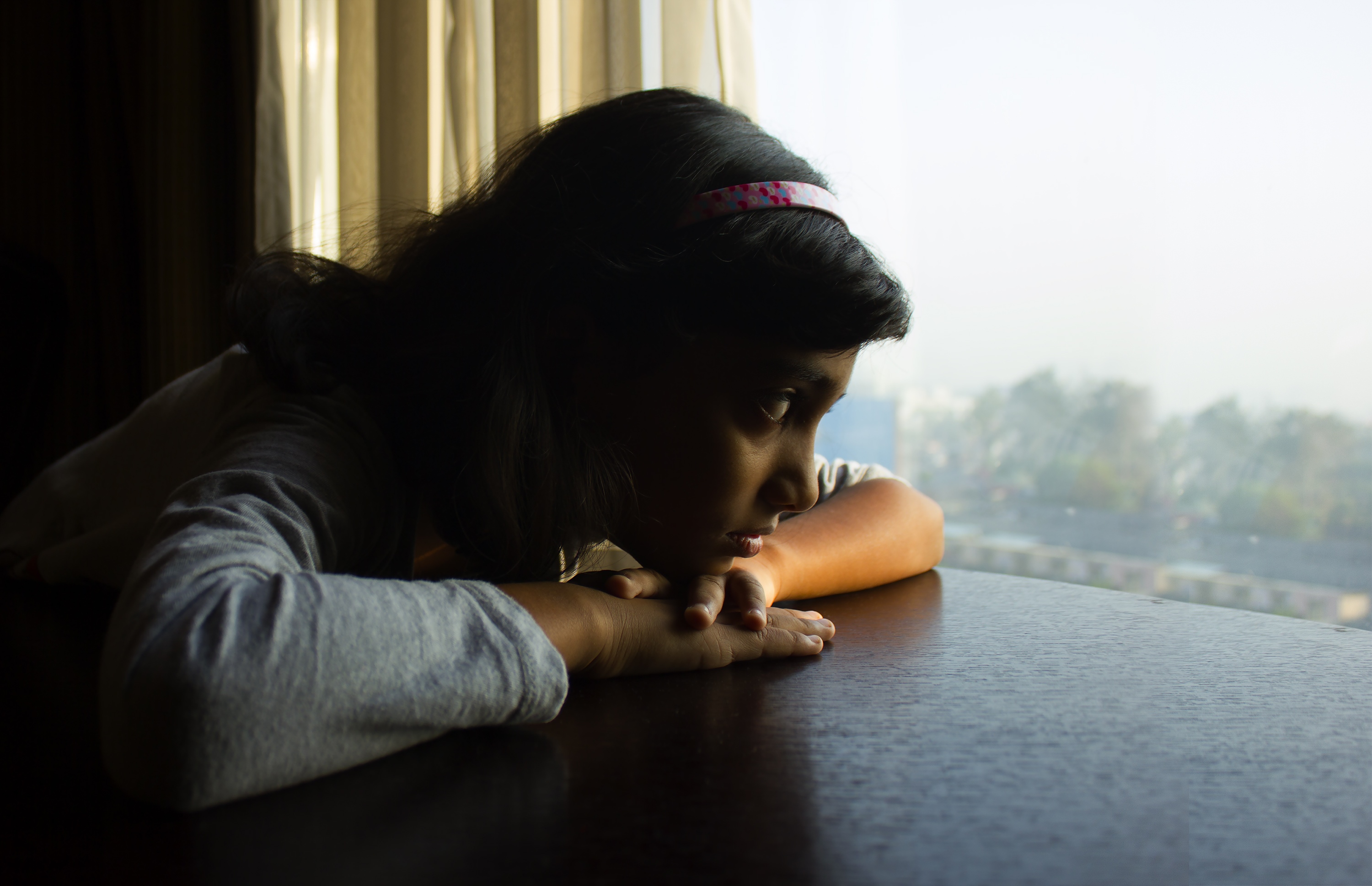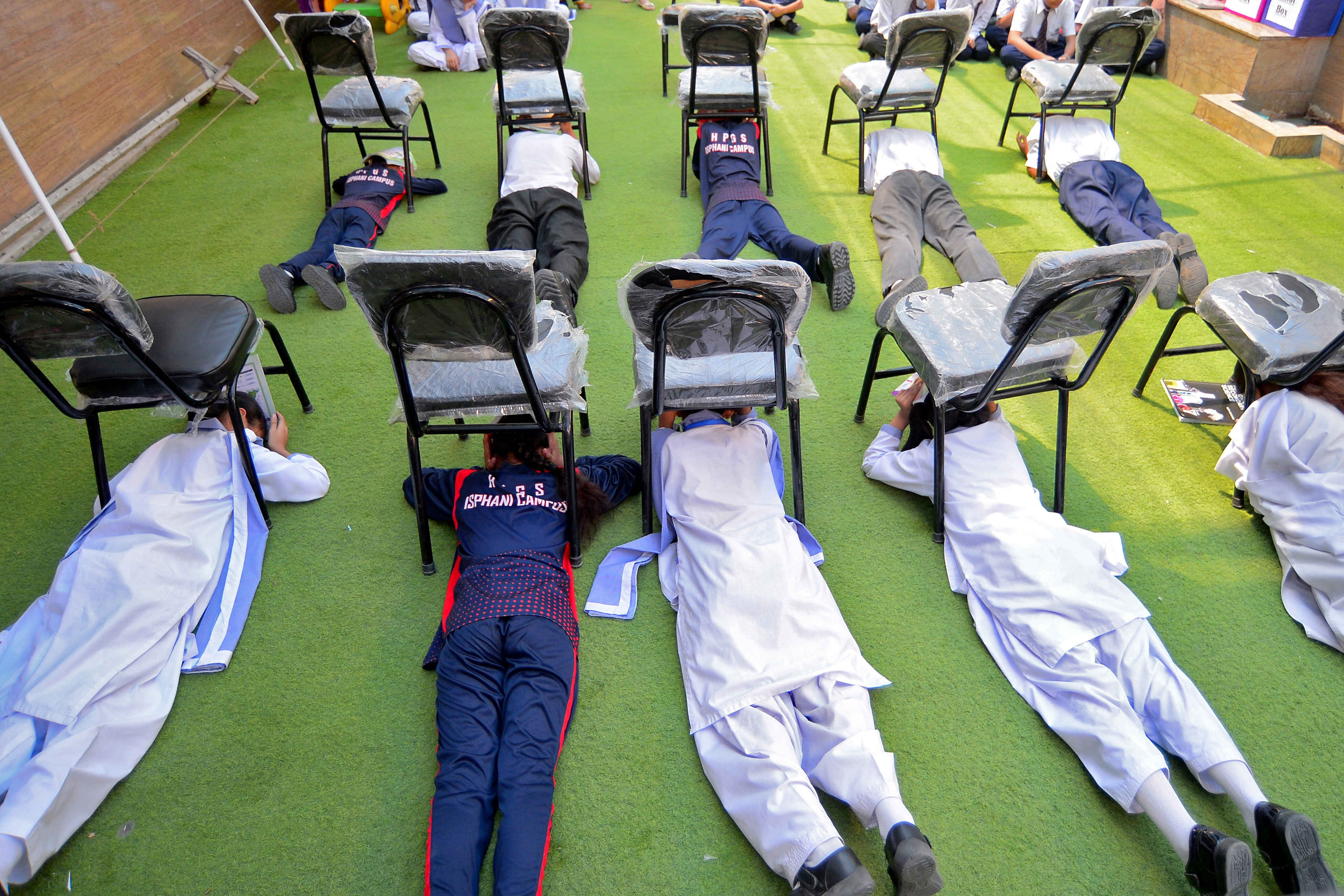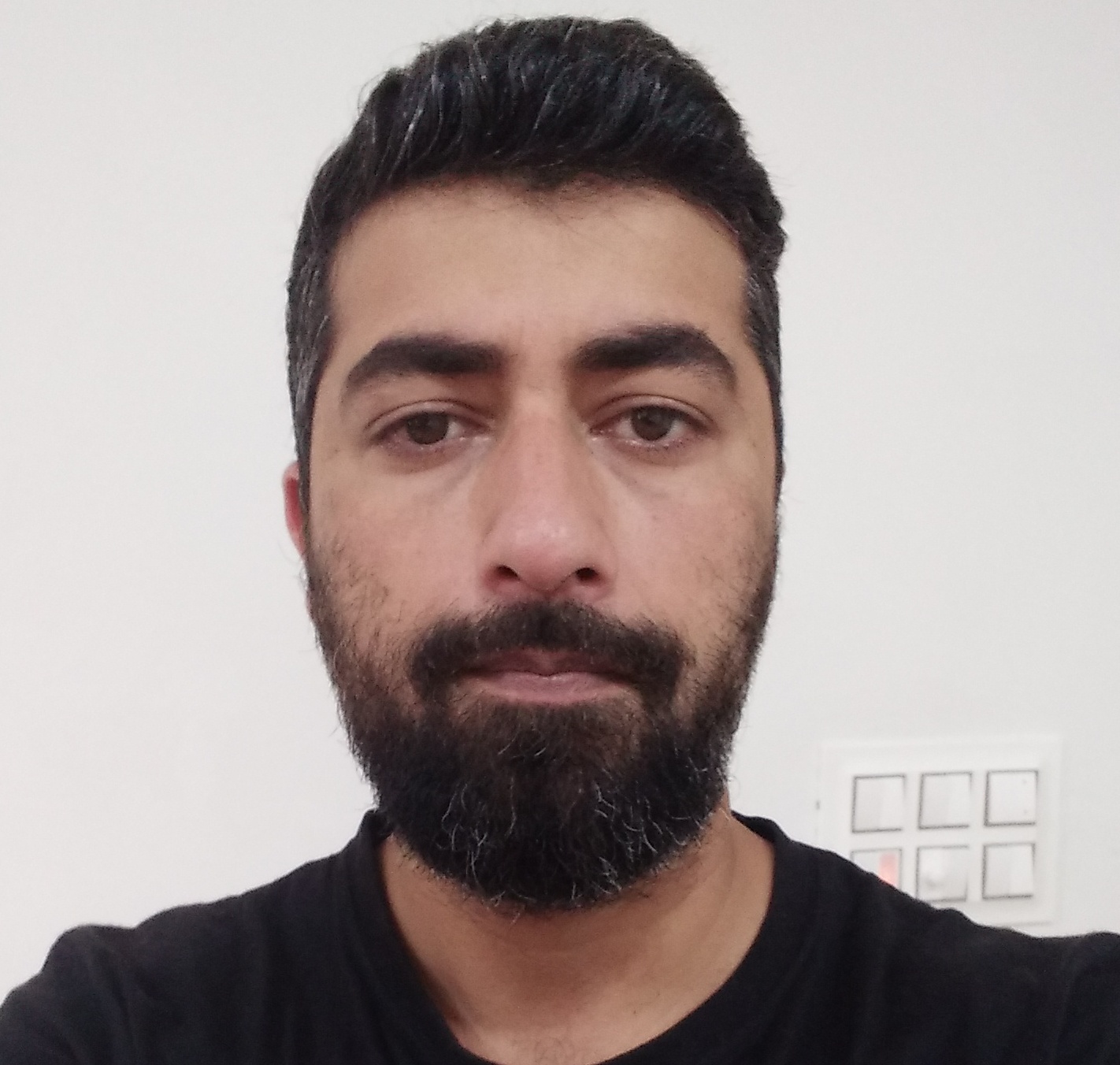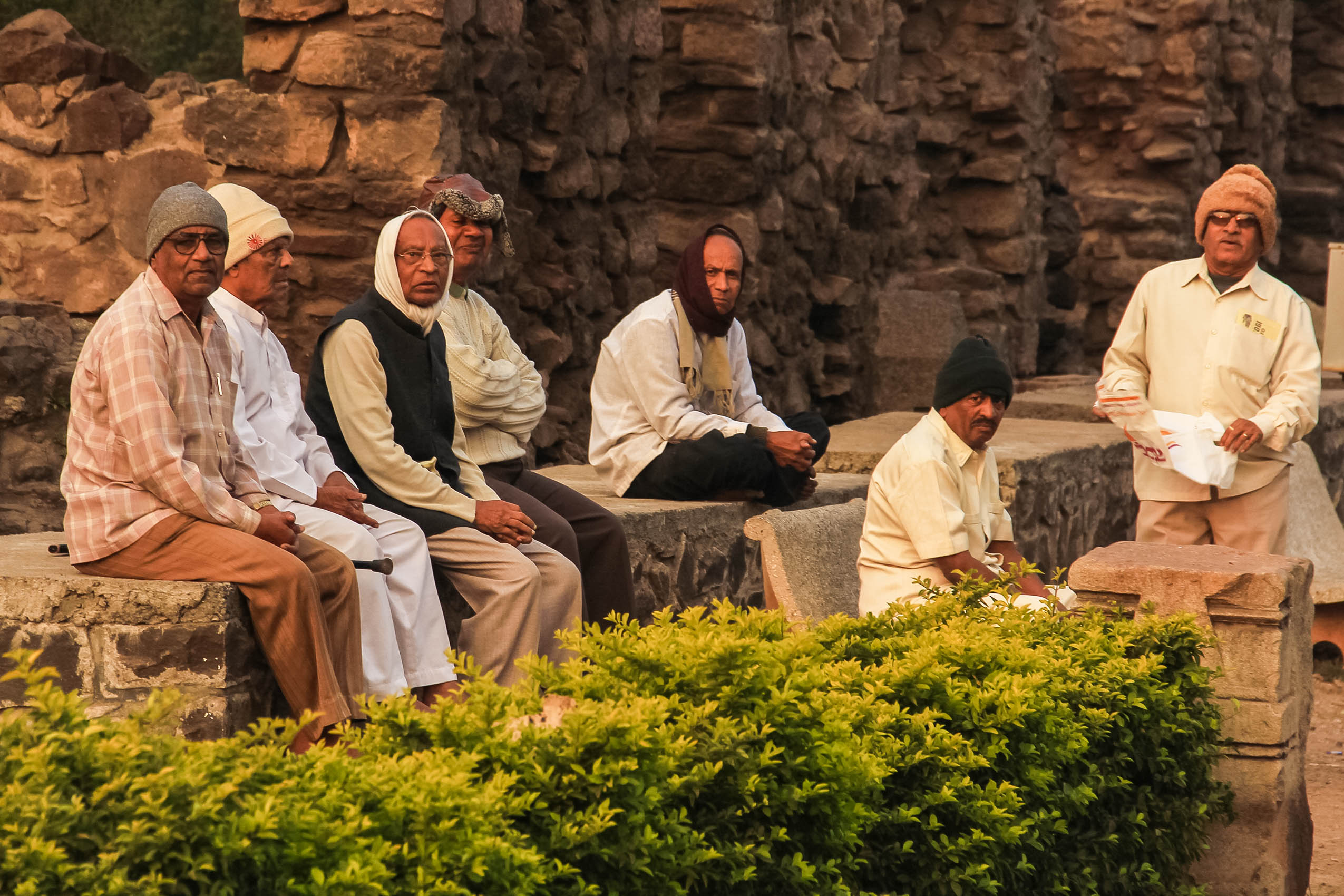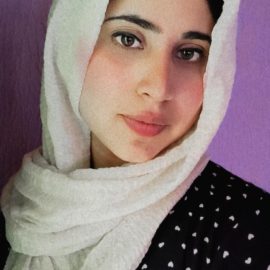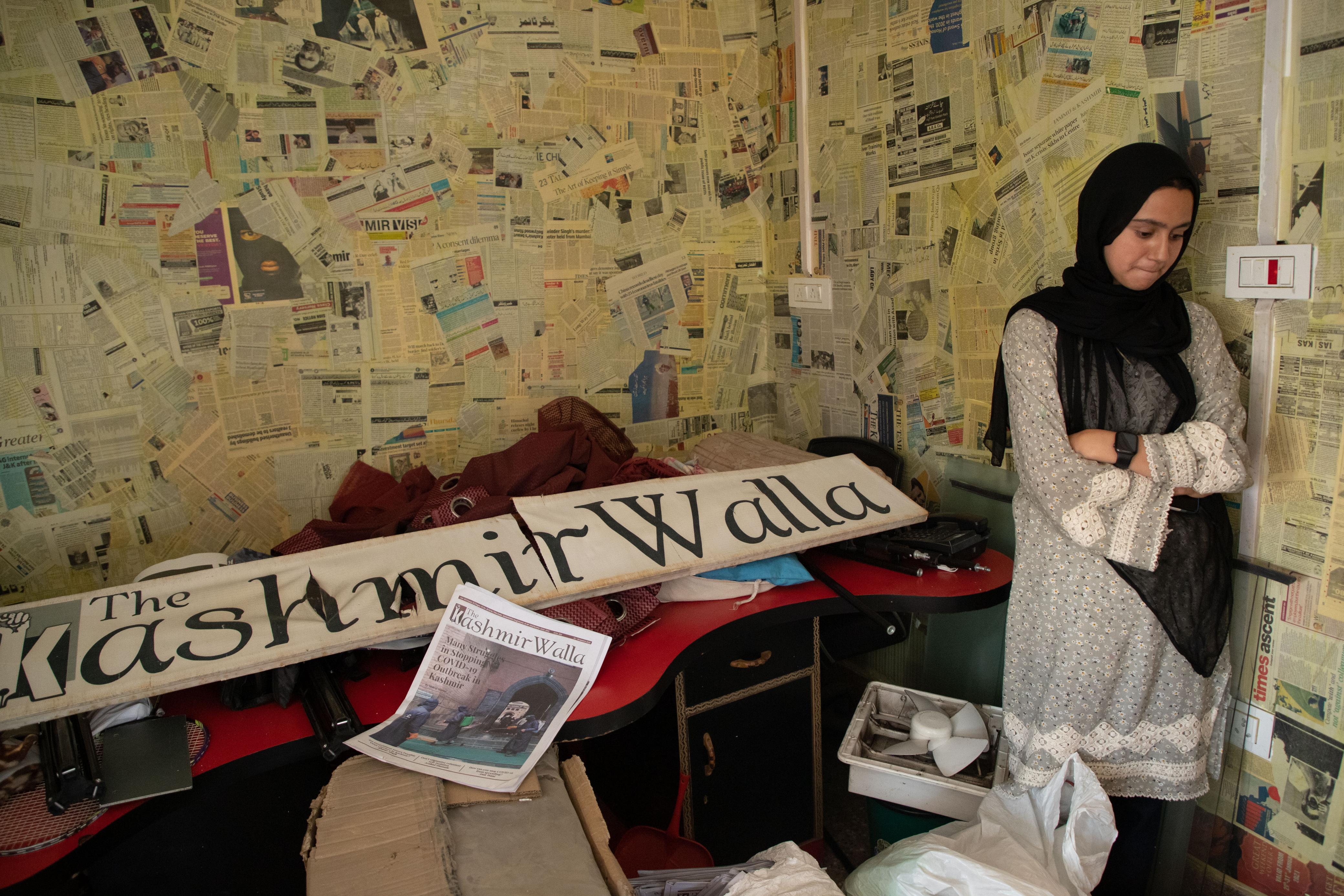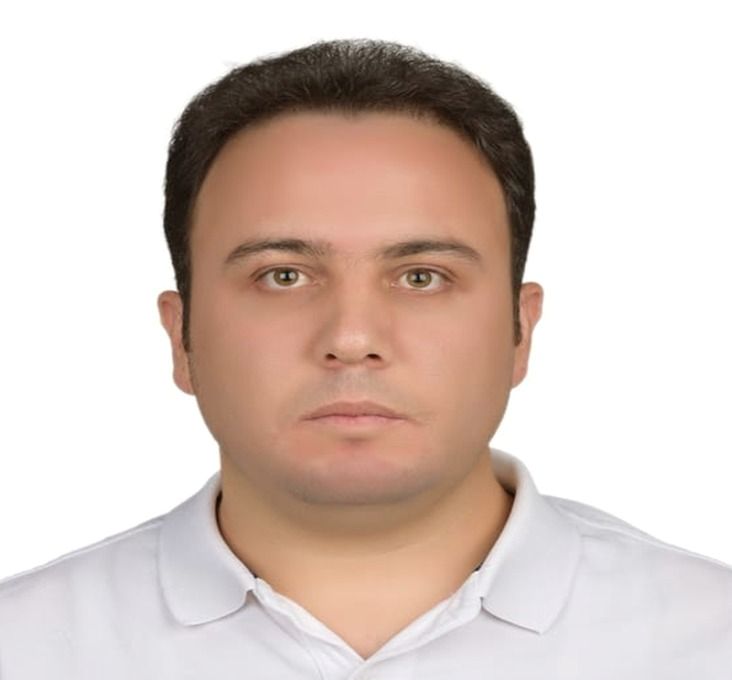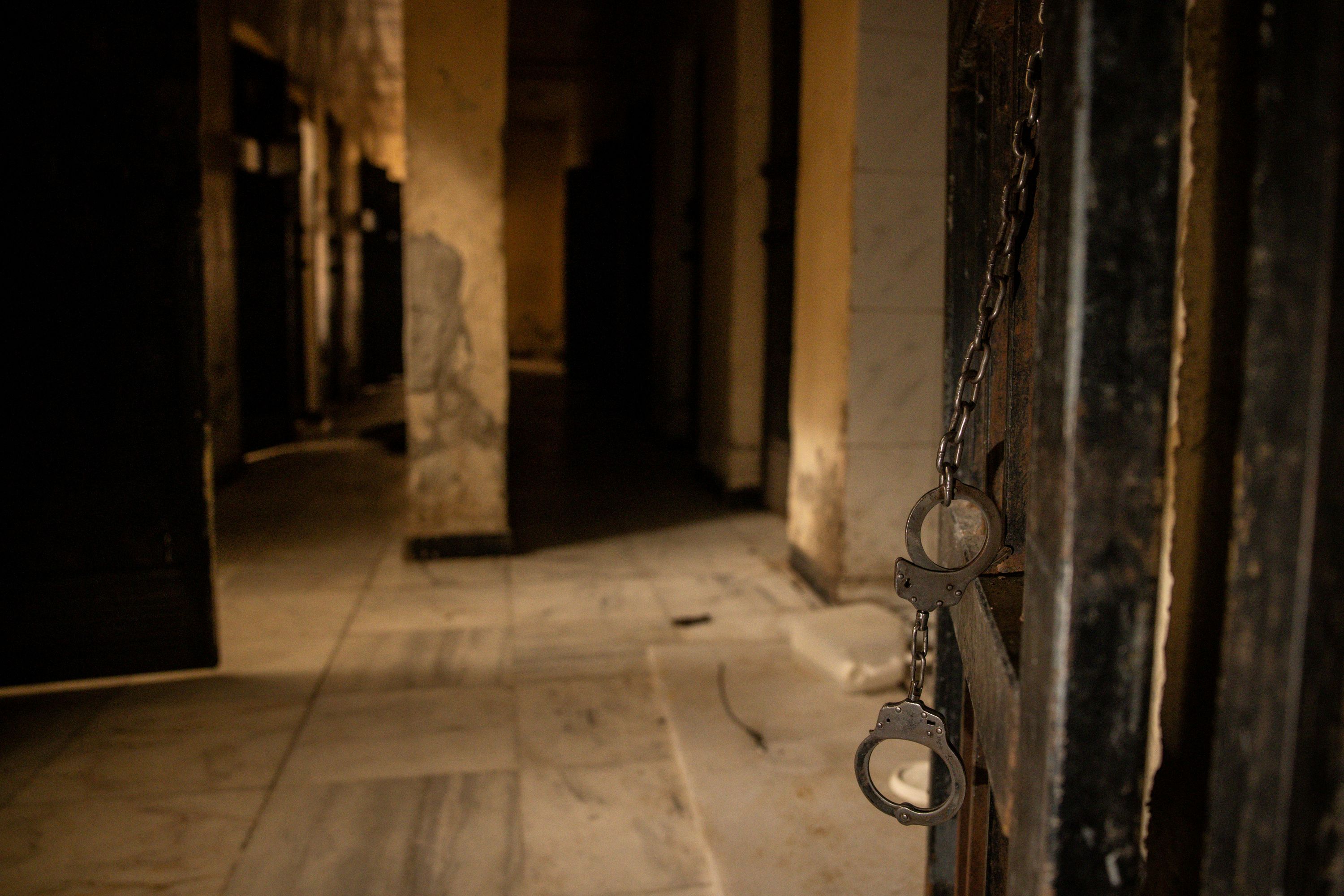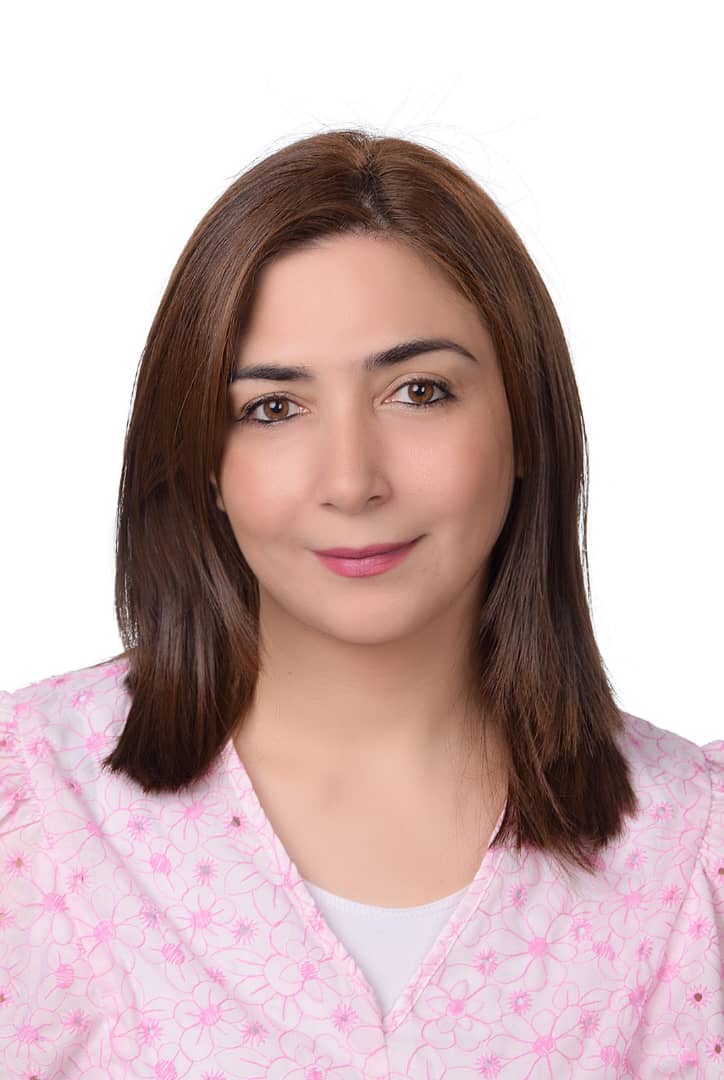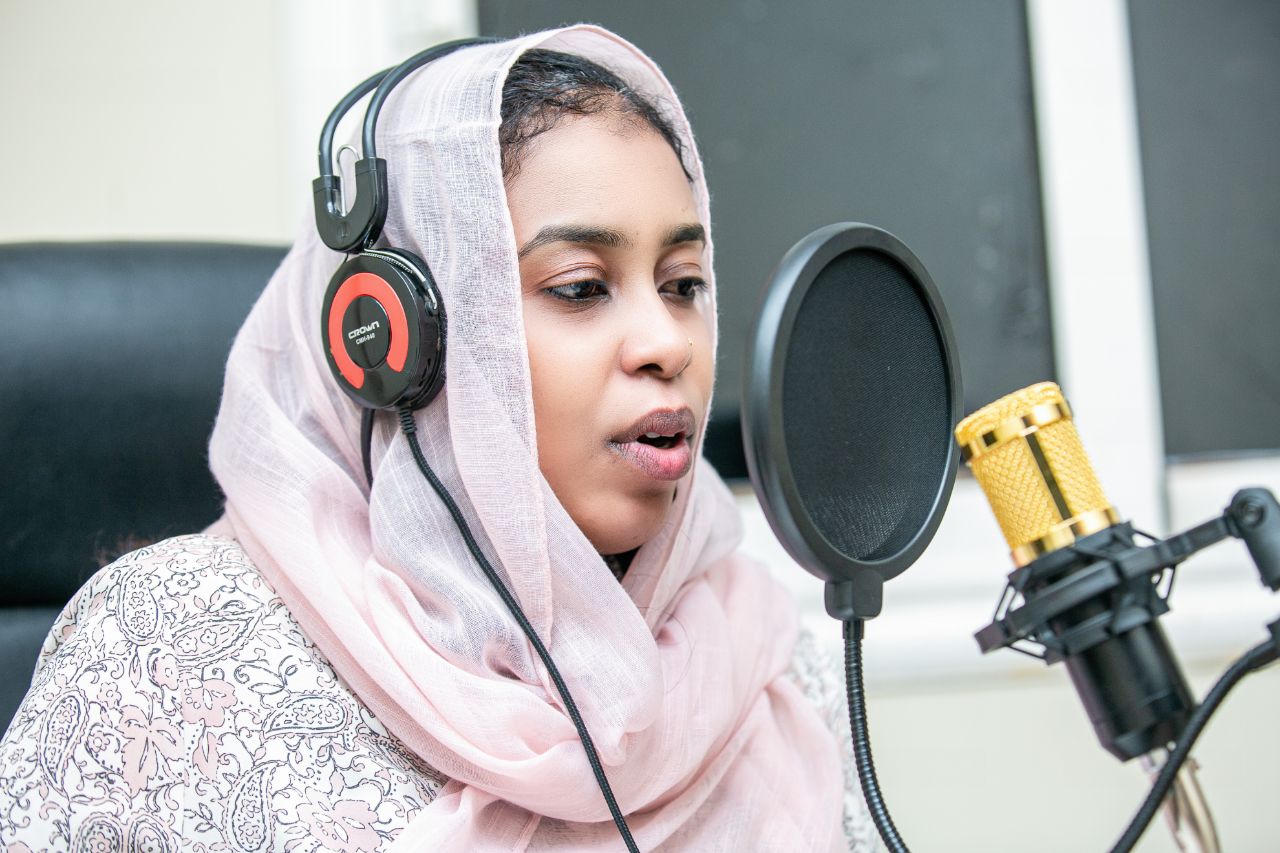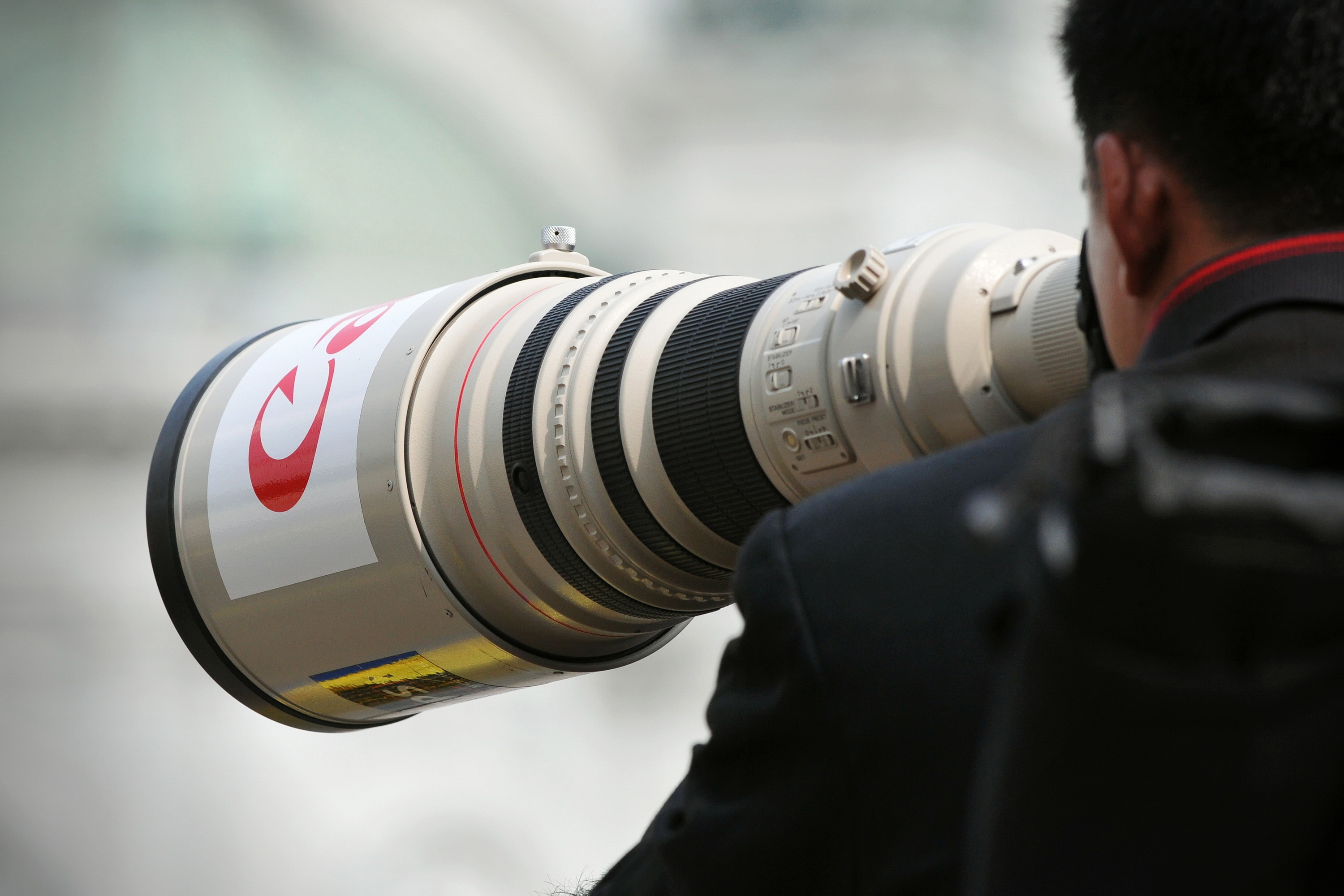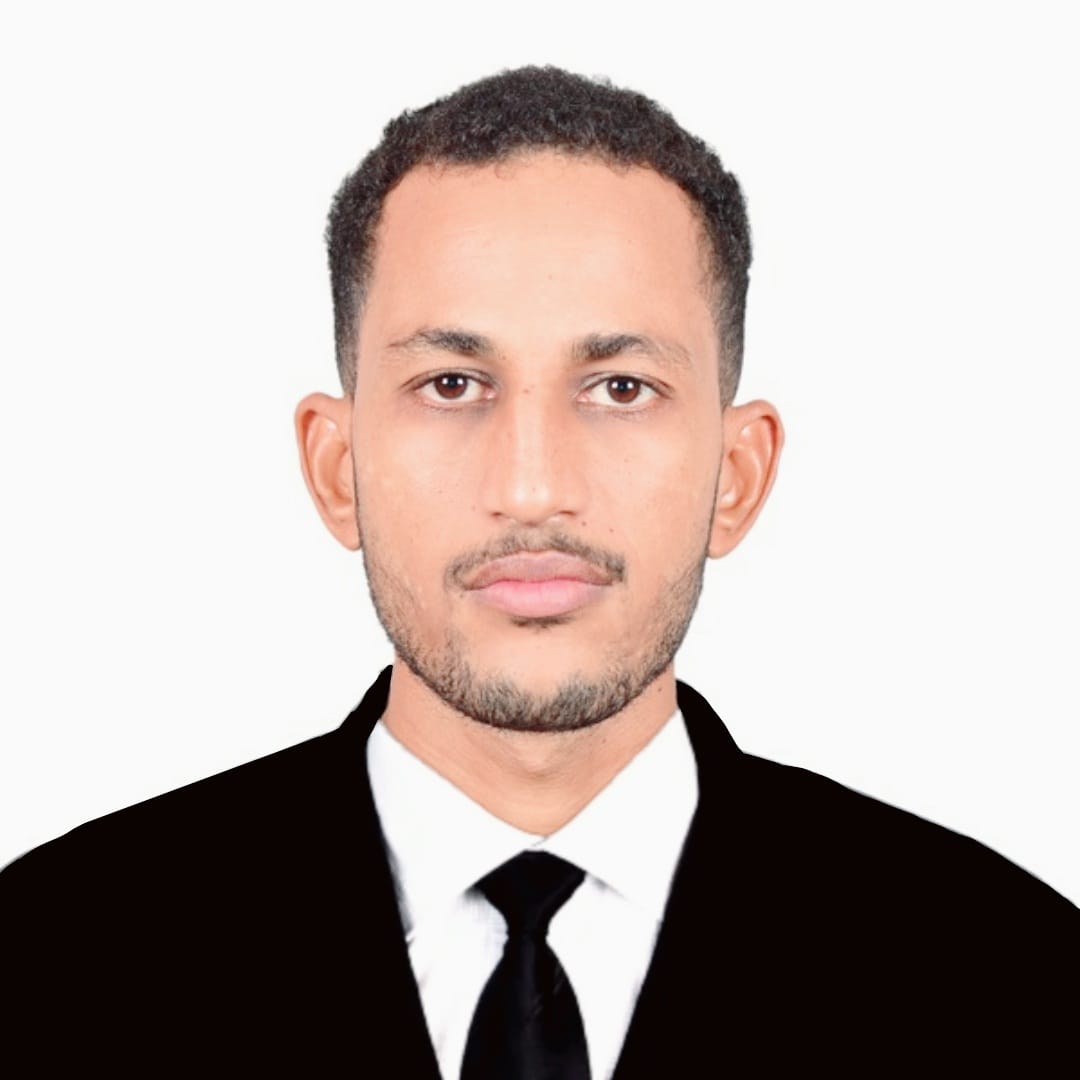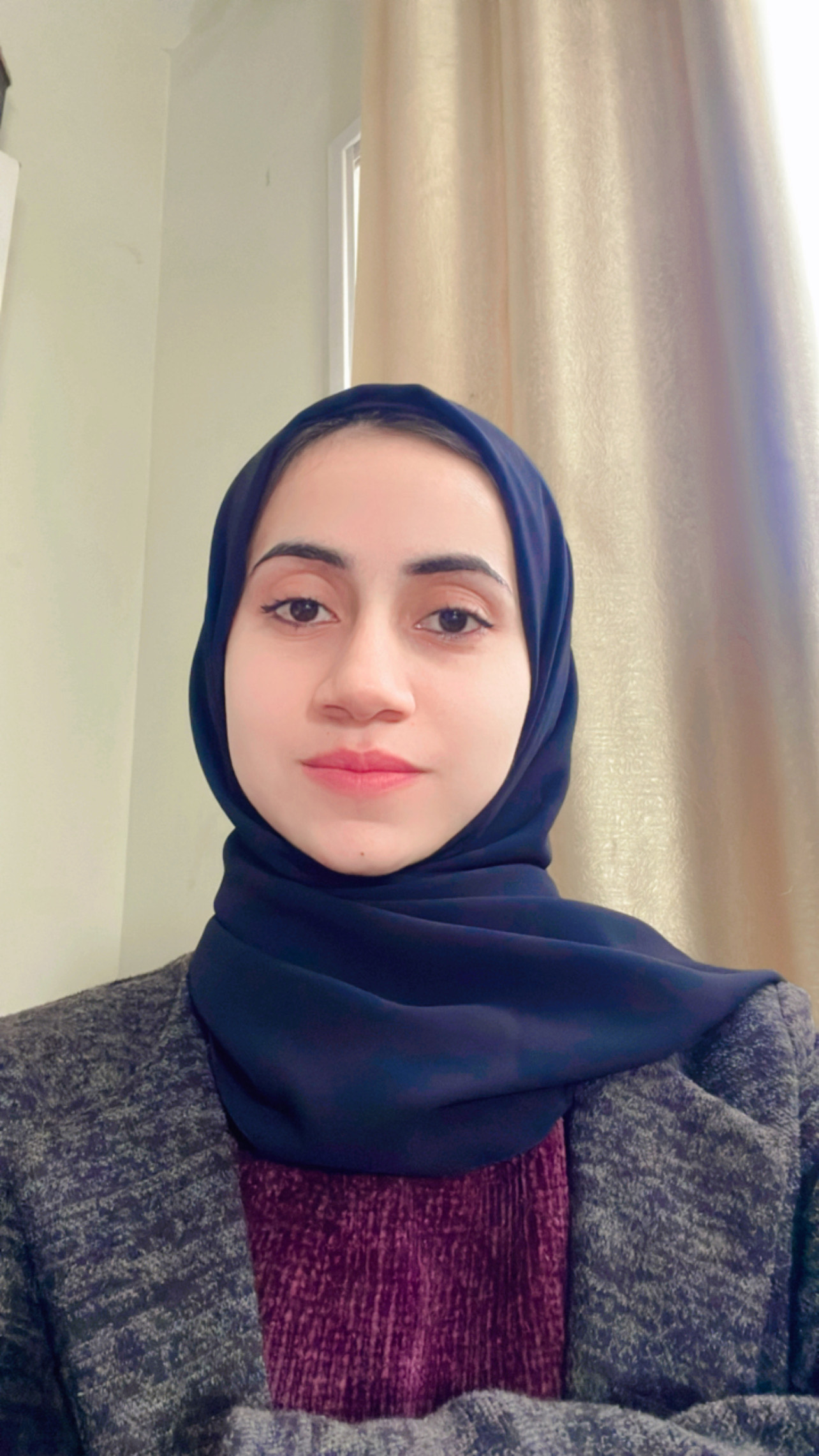في الأيام الماضية، نشر مصور صحفي فلسطيني صورة لامرأة مستلقية تحتضن جثمان زوجها الكهل الذي استشهد لتوه على سرير مستشفى مؤقت أقيم في قطاع غزة. كتب المصور واصفا المشهد: "استشهد زوجها، ولها ساعة على هاد الحال مش راضية تسيبه". ولحدود هذه اللحظة، لم تنجز قصة واحدة تروي تفاصيل الصورة المؤثرة.
وفي سياق السباق نحو الأخبار الذي تفرضه حرب الإبادة الجماعية وأمام العدد الهائل من الموتى والمفقودين والجوعى، تغيب - إلى حد ما - القصة الإنسانية.
الموت أسرع من القصة
بخطى متثاقلة، تخرج الصحفية رولا نصار من منزلها الكائن في شارع الجلاء بغزة المدينة، وقد اختارت أن تحاور الناجي الوحيد من عائلة فلسطينية أبادها الاحتلال. في الطريق، تتعثر رولا بأطفال صغار يصطفون أمام مؤسسة لإطعام الجوعى، ومصاب يتكئ على طفله بقدم واحدة وكهل يركض نحو بوابة مستشفى مفجوعا.
تحاصر تلك المشاهد رولا وهي غير قادرة على توثيق كل شيء؛ تقول لـ "مجلة الصحافة": "في ظل الخطر المستمر والدمار الواسع وانقطاع وسائل الاتصال والإنترنت، أحياناً أشعر أنني لا أملك الوقت الكافي لرواية القصص كما تستحق، وأجدني مضطرة للتركيز على الحد الأدنى من التفاصيل فقط لإيصال المعلومة الأساسية، دون التمكن من التعمق في الخلفيات والقصص الإنسانية الثاوية وراء الأرقام".
هذا العجز تشرحه رولا من الناحية المهنية قائلة: "أشعر أن الكلمات تخونني أمام حجم الألم والمعاناة. هناك مواقف لا تُروى، ووجوه تُنسى، وصرخات سمعناها ولا يمكن نقلها كما هي. الإحساس بالعجز عن إيصال الصورة كاملة مؤلم جداً؛ لأن كل قصة لم تُروَ تعني إنساناً مغيبا عن الوعي العالمي، وتعني وجعاً لم يصل".
بالعودة إلى الوراء، تقول رولا إنه خلال حروب الاحتلال السابقة، ركزت التغطية الصحفية بشكل كبير على التقارير الإنسانية والقصص الشخصية والتحقيقات المعمقة، "كنا نمتلك مساحة زمنية أطول نسبياً، مما أتاح لنا الغوص في التفاصيل، وتسليط الضوء على قصص الضحايا، والمعاناة اليومية، والأبعاد الاجتماعية والاقتصادية والحياة اليومية للمواطن الغزي وجوانب الحياة المختلفة".
أما في حرب الإبادة الحالية فتؤكد رولا على أن الزخم الكبير للأحداث والتصعيد المستمر خلق حالة من التركيز على الأخبار العاجلة والمباشرة، مما أدى إلى تراجع القصة المتعمقة لصالح السباق مع الزمن لنقل آخر التطورات، ولقد أثر ذلك فعلاً على فهم العالم لما يحدث؛ لأن الصورة العامة أصبحت مجزأة ومبنية على لحظات متفرقة، لا على سياق شامل يعكس المعاناة الحقيقية".
"أشعر أن الكلمات تخونني أمام حجم الألم والمعاناة. هناك مواقف لا تُروى، ووجوه تُنسى، وصرخات سمعناها ولا يمكن نقلها كما هي. الإحساس بالعجز عن إيصال الصورة كاملة مؤلم جداً؛ لأن كل قصة لم تُروَ تعني إنساناً مغيبا عن الوعي العالمي، وتعني وجعاً لم يصل".
قصص "الهامش"
ترى الكاتبة والمدربة في مجال كتابة القصة الصحفية آلاء أبو عيشة أن الخبر العاجل هيمن إلى حد بعيد على المشهد منذ اللحظة الأولى للحرب، وأصبحت "السرعة" هي المعيار لا "العمق"، "والكثير من القصص التي تبدأ بنداء استغاثة أو بصورة مؤثرة من تحت الأنقاض تُنسى في اليوم التالي لصالح حصيلة جديدة من الشهداء أو القصف.
وتعتقد أبو عيشة، وهي عضو لجنة تحكيم ثابتة في مسابقة القصة الصحفية التي تطلقها مؤسسة بيت الصحافة بغزة على أن العودة إلى القصة الصحفية بعد الحرب "واجبة" كونها تمنح الضحايا استحقاقهم من السرد والكرامة، وتجعلنا نراهم بشرا لا أرقاما، وتمنح المجتمع فرصة للشفاء ومحاولة التعافي من الفقدان.
وفق أبو عيشة فإن القصص الإنسانية "تُشكل سجلًا تاريخيًا حيًا في مواجهة محاولات طمس الذاكرة الجماعية، ويُعد استمرار الصحفيين في كتابة القصة الصحفية من غزة ليس ترفًا مهنيًا بل ضرورة إنسانية؛ فهم صوت الضحايا وذاكرة الأحياء وبوصلة الضمير في عالم اعتاد الصمت. يغوصون في التفاصيل أداءً للأمانة".
العودة إلى القصة الصحفية بعد الحرب "واجبة" كونها تمنح الضحايا استحقاقهم من السرد والكرامة، وتجعلنا نراهم بشرا لا أرقاما، وتمنح المجتمع فرصة للشفاء ومحاولة التعافي من الفقدان.
مع ذلك، تؤكد أبو عيشة في حديثها مع "مجلة الصحافة" أن القصة الصحفية تقاتل لتتنفس في الهامش؛ في مدونات فردية، أو على أيدي صحفيين قرروا أن يكتبوا الحكاية لا استعراض الأرقام، وفي لحظات نادرة تتجاوز قصة إنسانية قوية كل الزخم وتُحدث أثرًا عالميًا لأنها تلامس الجوهر الإنساني.
تتأسس ملاحظة أبو عيشة حول انتعاش القصة الإنسانية في الهامش على التحولات المذهلة في منصات التواصل الاجتماعي "حين صار بعض الصحفيين والناشطين يقدمون الحياة اليومية بكل عفويتها ومرارتها على حساباتهم في مواقع التواصل "فعلى إنستغرام مثلاً، لا ينشر البعض صورًا للدمار فقط، بل يوثقون كيف تغسل امرأة الصحون في زقاق مدمر، أو كيف يحاول شاب إشعال النار بقطع خشب مهدمة، أو كيف يبتسم طفل حين يجد زجاجة ماء باردة وسط لهيب الصيف".
"حيرة قاتلة"
يقتنص الصحفي هاني أبو رزق بعضا من الوقت لتصفح حساباته على وسائل التواصل الاجتماعي، يجد -كالمعتاد- كماً هائلا من المناشدات والاستغاثات التي تحمل في طياتها حكايا إنسانية لمواطنين يقبعون تحت وطأة حرب الإبادة بغزة.
للحظة يتوقف هاني، يتصفح رسالة استغاثة من جريح من بين مئات الرسائل التي وصلته، وعندما يحاول تتبعها، يكتشف أن الوقت لم يسعفه فقد أصبح الجريح شهيدا قبل أن يتمكن من التواصل معه.
"حيرة قاتلة"، هكذا يصف هاني حاله أمام كم المناشدات التي قد تتحول إلى قصص صحفية إنسانية. يحكي هاني لمجلة الصحافة أن القصص "كلها تستحق التناول، لكنني مجبر على اختيار عدد محدود من بين الأفكار التي تصلني، وأضطر للاختيار بين الأحداث مقيما حاجة الناس، وأطرح الأسئلة على نفسي: هل سيُحدث التناول فرقا في حياتهم؟ هل ينقذ مصابا أو يعيد مفقودا؟ هل يعيل جائعا؟ وغير ذلك...".
قبل نشاطه المؤثر على شبكات التواصل الاجتماعي، كان أبو رزق يركز على كتابة القصص الإنسانية بقالبها التقليدي لصالح صحيفة "الحياة الجديدة" الورقية، لكنه آثر في سنواته الأخيرة أن يركز على تناول القصص الإنسانية المصورة المعدة للمنصات الاجتماعية، خاصة وأن حرب الإبادة الجماعية الجارية فرضت هذا التوجه.
ويرى هاني في سياق شرحه لتحديات العمل على القصص الإنسانية أنه "بسبب غزارة الأحداث لا يوجد وقت لكتابة صحافة معمقة، لذا نلجأ لتصوير مقطع فيديو قصير يحتوي على المعلومات الأساسية دون تعمق، ولا أخفي عليكم أنني أشعر بتقصير لأني لا أستطيع كتابة الكثير أمام ضخامة الأحداث، بل ثمة قصص أستطيع الكتابة عنها لكنني لا أستطيع الوصول إلى المناطق التي يعيش فيها أصحاب القصة بسبب خطورتها أو صعوبة الوصول إليها".
القصة الإنسانية هي شكل من أِشكال المقاومة وحفظ الذاكرة وتَمثُّلٌ أساسي لإحدى أهم وظائف الصحافة المكينة: التوثيق بوصفه أداة لمحاسبة الجناة.
يعتقد منسق الأبحاث والسياسات في مركز تطوير الإعلام بجامعة بيرزيت صالح مشارقة أن القصة الصحفية خلال الحرب على غزة قُتلت على يد الخبر العاجل، لكنه يرى أن ثمة مخارج يمكن أن تساعد الصحفيين.
ولعل من هذه المخارج -حسب مشارقة- ما توفره الفنون الصحفية الرقمية على وسائل التواصل الاجتماعي من إمكانيات كبيرة للتأثير؛ فالأشكال الجديدة من الإنفوغرافيك والفيديو والستوريات وغيرها تتقمص دور القصة "وهو ما يخلق ميزة وذلك لكون الجيل الجديد من القراء لا يتفق مع الجيل القديم الذي يحب قراءة القصة ويستمع بوقتها الطويل والاطلاع على صورها وخطها الدرامي." ويضيف: "الآن وسائل التواصل الاجتماعي وخلال 30 ثانية فقط تقدم قصة صحفية للجمهور، الأمر يتعلق بكون الفنون الصحفية لا تموت وإنما تأخذ أشكال جديدة من خلال التطورات التكنولوجية التي دخلت على سوق العمل عند الصحفيين".
مع ذلك، يعتقد مشارقة أن الشكل القديم للقصة الإنسانية ستظل له مكانته وتحديدا في وسائل الإعلام التي تحترم الفنون الصحفية، قائلا: "هذه الوسائل لن تَنسى ولن تَتساهل بتغطية القصص الصحفية معتمدة على الرقمنة فقط، وإنما ستذهب إلى إكمال مسيرة التاريخ الطويل من الكتابة الصحفية المبنية على الصور والإيقاعات والخط الدرامي والمفاجأة والبلاغة والفنون اللغوية التي تحوّل الكلمات إلى قصصٍ مشاهدةٍ ومرئية".
كما يرى مشارقة أنه "حتما بعد الحرب سيكون هناك تركيز أكبر على القصة من أجل التوثيق، فلن يكون التوثيق الرقمي وحده كافيا لما حدث في غزة، خاصة أنه من السهل محوه وإلغاؤه على المنصات.
لا بد من القول إن القصص الإنسانية هي من تصنع الفرق، وتنقل ما يجري في الحرب من مجرد خطاب إخباري سياسي مجرد إلى تفاصيل تؤدي وظيفة التأثير، إلى تفاصيل قابلة للفهم والمشاركة والتعاطف وتحظى بتفاعل عالمي.
القصة الإنسانية هي شكل من أِشكال المقاومة وحفظ الذاكرة وتَمثُّلٌ أساسي لإحدى أهم وظائف الصحافة المكينة: التوثيق بوصفه أداة لمحاسبة الجناة.
















